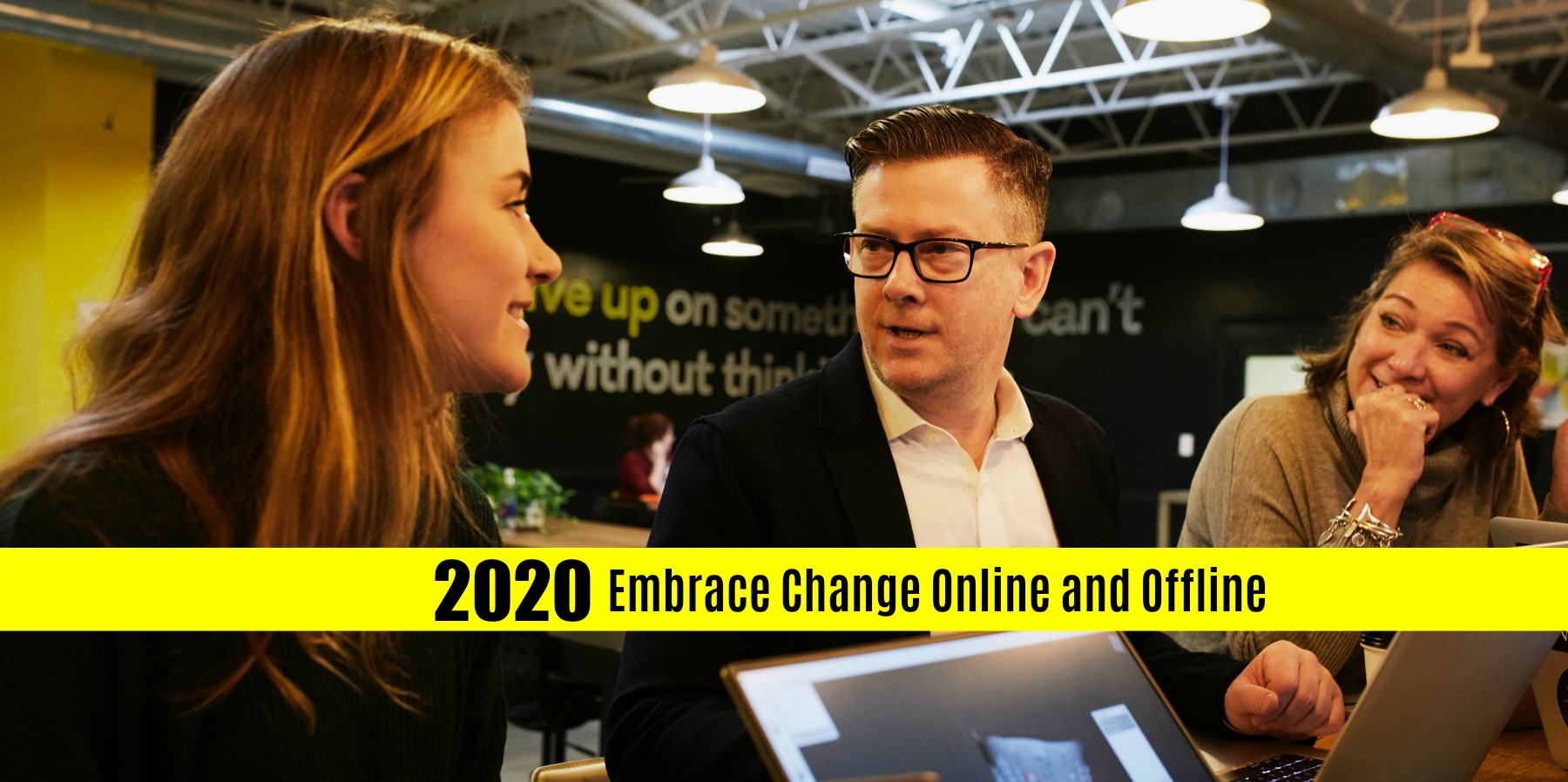Are you ready for the part-time and gig economy?
Job security just isn’t what it used to be. Half a century ago, there was far more employment security than there is today.
Back then there were people who thought they might have a job for life or only have a few job changes during their working life.
Today, a young person entering the work force is likely see many changes of job during their lifetime and find going to college and getting a degree does not automatically translate into securing a job.
Underlying it all is a deep sense of job insecurity.
MANY OUT OF WORK
The statistics are sobering, particularly for men.
The percentage of men who are not working, nor looking for work, has been rising for decades, writes economist Gregory Mankiw in The New York Times. While 14% of men were out of the labor force in 1950, today that number is 31%.
Women, by contrast, have seen labor force participation rise sharply; the number of women out of the labor force has dropped from 66% in 1950 to 43% today, according to economist Mankiw.
The decline among men is partly attributable to spending more time in school and living longer, but a recent study also found men with lower education levels participate less in the labor force because of technological forces and global trade, the economist notes.
The world of work is changing but many people are having a problem adjusting.
NEW JOB REALITY
While there are a number of professions that will remain relatively secure, for many of working age today there is a growing trend towards part-time work or what has been dubbed the “gig economy” – temporary work – zero-hours contracts, and generally a less secure work environment compared to what our fathers may have had to contend with.
Axios news service, which is tracking the changing employment scene, recently published some comments that highlight the sense of security in the job market.
Arthur Johnson, a chemistry teacher in China
“The U.S. economy is now a part-time and gig economy. It’s no longer an economy conducive to raising a family, or even just a stable, romantic relationship (the kind depicted in American romantic comedies-dramas from the 1980’s-1990’s.) Families and stable romantic relationships require stable, full-time work.”
Steve Wright, a professional geologist
“If you’re over 50, don’t lose your job. I did. Even with a record of high performance, there are a lot of biases that work against the experienced jobseeker, even if he or she is willing to re-enter on a lower tier than he or she exited.”
Amy Taylor, a package handler at Fedex
“Age discrimination goes both ways. If you’re over 45, they don’t want to hire you. If you’re under 30, they don’t want to hire you. Apparently, with degrees and work experience, you still want things ‘handed’ you.”
For young people today, the employment market is growing more challenging with many with degrees finding it hard to find work.
Author and commentator Simon Sinek says the millennial scene is further complicated by what he calls “a sense of entitlement” – where millennials enter to job market thinking they are owed a job.
They are not.
UPGRADING SKILLS AND LIFE-LONG LEARNING
The tough reality is that the economy and the job market are in the midst of massive change. Automation and robots are just a couple of the factors that indicate that job seekers will face a more fluid and insecure future.
Some governments and private companies are waking up to the need to help workers upgrade their skills to adjust to the new work environment.
“One step in the right direction would be to expand opportunity by increasing educational attainment and skills training,” writes Mankiw in The New York Times, acknowledging that these measures require political will and funding.
But what is clear is that people of all ages who seek to work must embrace the idea of learning new skills and the concept of life-long learning.
PROACTIVE LIVELIHOOD SUPPORT
Going forward it is clear that those who take a more proactive approach to their livelihood and work life are more likely to flourish compared with those stuck with an employee mindset.
Building a business online or using the internet to help further your career are proactive steps to take charge of your working life and help secure your income.
Building a full-time or part-time business online involves a range of skills that will be new to many people. The whole process, including mindset training, is likely to turn you into a more proactive person who is more in charge of your future.
The added plus for those who build a solid business online is the autonomy and potential freedom it provides, rather than depending on a job that might disappear.
The internet provides a vehicle for the proactive person to take control of their career and financial security.
Do you really want to rely on the increasingly insecure gig economy?
For more on how to build to build a business online, check out the other posts and stay tuned.

